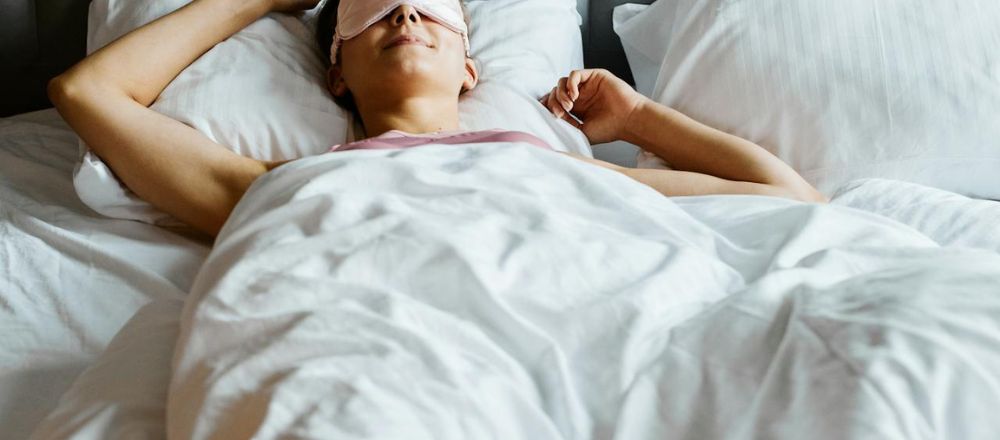5 Rules to Follow To Improve Sleep Health
- Posted On: October 11, 2024
- Posted By: admin

Getting enough sleep is essential for preserving your physical health and well-being. Nonetheless, a lot of people experience a lot of problems with their sleep. This can range from poor sleep quality to insomnia. Having a healthy sleep is the result of your regular routines that will encourage you with calmness, regularity, and harmony. Here in this article, we will discuss the five guidelines you should abide by in order to get good quality sleep.
1. Establish a Consistent Sleep Schedule:
One strategy that will work best for you in enhancing the quality of your sleep is to stick with your regular sleeping-waking routine. The circadian rhythm (an internal clock in your body), controls your level of alertness and sleepiness. If you are not following the regular sleep-wake pattern then this might result in problems like sleep apnea or insomnia. You can also easily overcome this by regularly adjusting your sleeping schedule.
2. Create a Relaxing Bedtime Routine:
Your brain will receive a signal in your brain that this is the time to wind down and get ready for sleep by following a soothing pre-sleep routine. Following the relaxation-enhancing activities will facilitate the shift of your body from wakefulness to sleep. You can follow some of these relaxation-enhancing activities such as reading books, having a warm bath, practicing deep-breathing exercises, or meditating.
3. Limit Exposure to Screen Before Bed:
The hormone that controls your sleep is melatonin, which will be less effectively produced by your body when you are more exposed to blue light. Blue light is released by computers, TVs, tablets, and smartphones. If you are exposed to too much blue light in the evening, then it will become more difficult for you to fall asleep.
4. Optimize Your Sleep Environment:
You need to make your bedroom a haven of peace where you can easily relax. A number of variables, including light, temperature, and noise, will impact on your ability to get a good sleep and remain asleep. Dark, calm, and cold conditions are perfect for sleeping.
5. Be Mindful of Your Diet and Exercise Habits:
The foods and beverages that you will consume during the day will have a big effect on how well you will sleep at night. Large meals or the use of stimulants such as caffeine and nicotine before going to bed will lead to disturbances in your sleep at night.
Conclusion:
A well-balanced approach that involves environment optimization, awareness of daily routines, and lifestyle modifications is needed to improve your sleep health. You can also prepare yourself for more rest and renewal by maintaining a regular sleep schedule, creating a calming nighttime routine, improving your sleeping environment, cutting back on screen time, and paying attention to what you eat. Making these small changes in your routines a priority will help you wake up feeling rejuvenated, and energized. This will make your whole day energized. Adequate sleep is an essential part of your life for both mental and physical well-being.